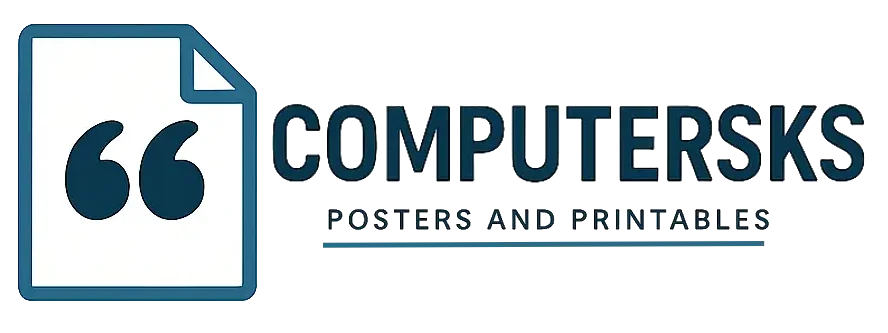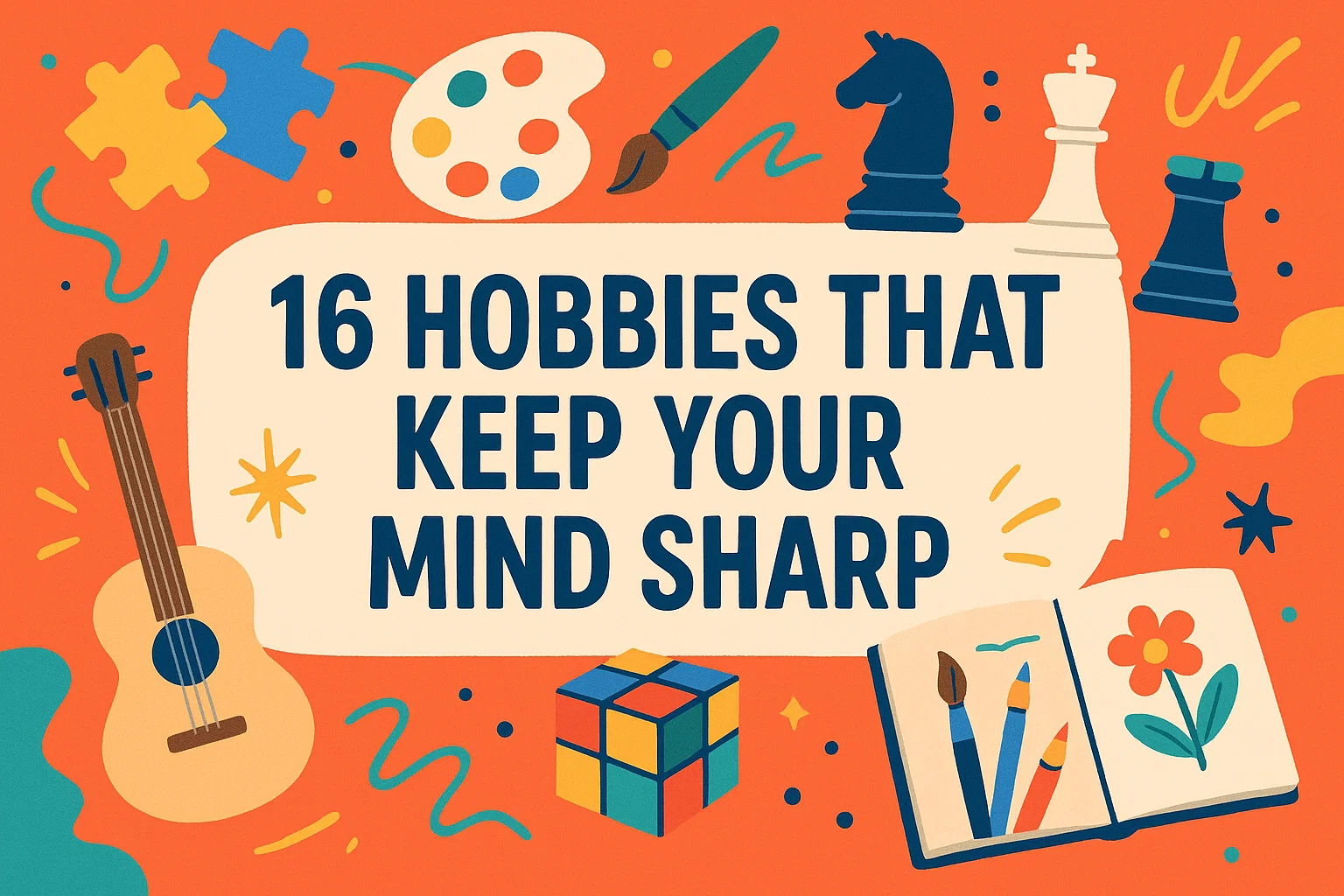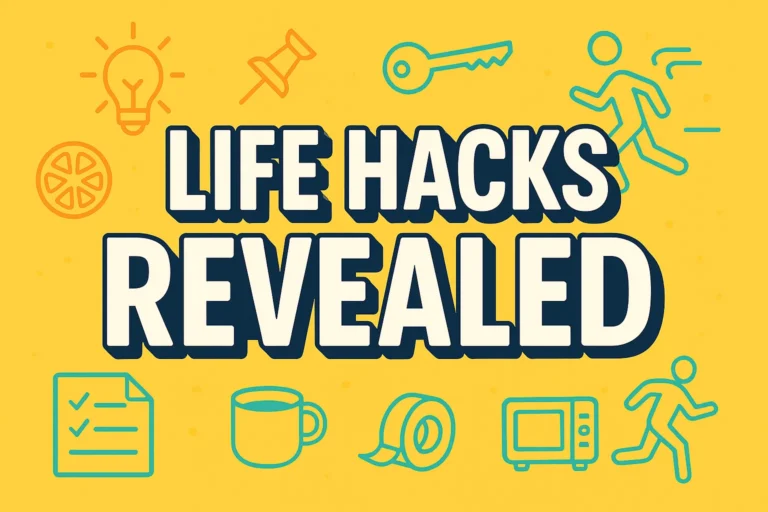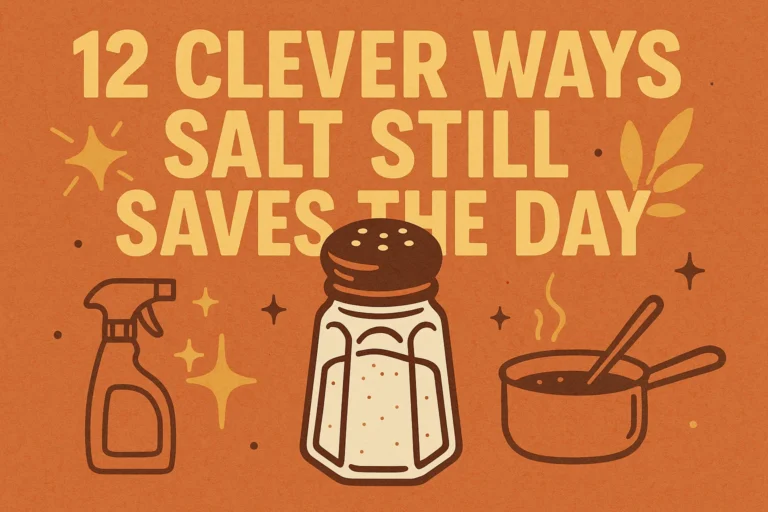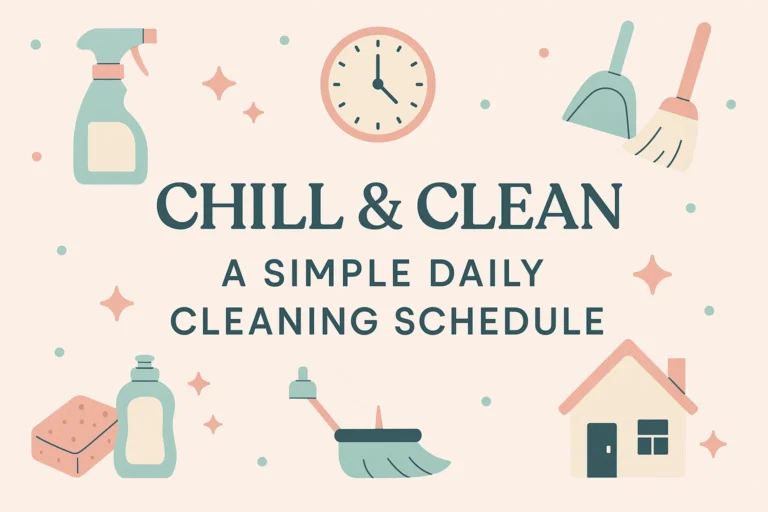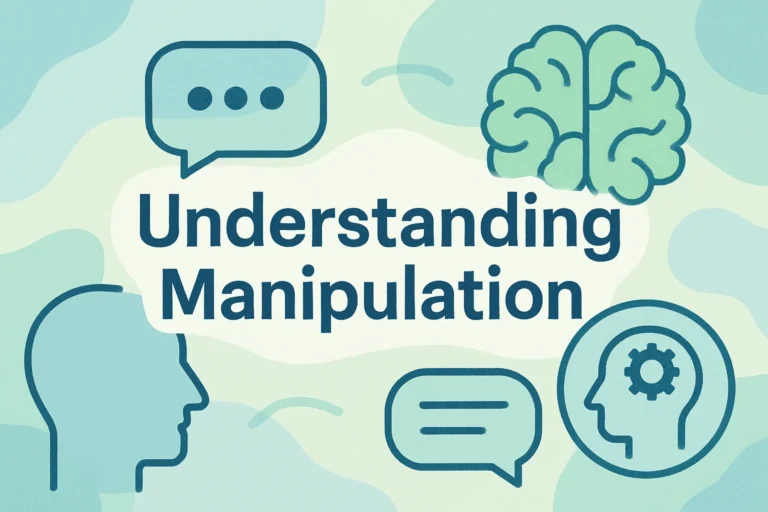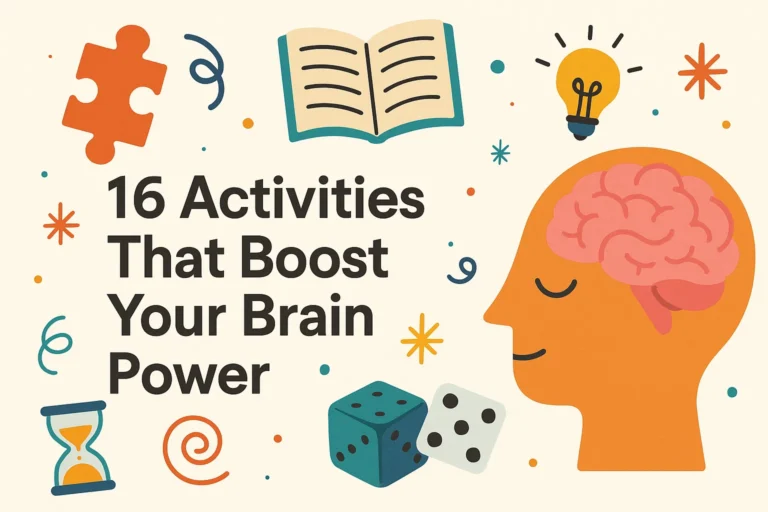16 Organized Tips to Keep Your Mind Sharp with Fun and Engaging Hobbies
Alright, let’s be real for a second. How many times have you walked into a room and completely forgotten why you were there? Or spent ten minutes searching for your phone… while you were talking on it? (No judgment, we’ve all been there).
It’s not just you, and it’s not just about getting older. Our brains are like any other part of our body—if we don’t give them a good workout, they get a little… flabby. The good news? Giving your brain a killer workout doesn’t have to feel like homework. In fact, it can be an absolute blast.
I’ve always been a hobby magpie, flitting from one interesting pastime to another. What I’ve discovered is that the most fun hobbies are often the ones that secretly give your grey matter the biggest boost. So, grab a coffee, get comfortable, and let’s chat about 16 organized tips to keep your mind sharp, all while having a ridiculous amount of fun.
Learn a Language (Without the Boring Textbooks)
Remember high school Spanish? Yeah, me neither. Thankfully, learning a language today is nothing like it used to be.
Start with an App, But Don’t Stop There
Apps like Duolingo or Babbel are fantastic for building a foundation. They gamify the process, making it feel more like playing a game than studying. But here’s the pro tip: pair your app learning with real-world immersion. Change your phone’s language to the one you’re learning. Watch your favorite Netflix show with its audio and subtitles in that language. It’s frustrating at first, but your brain will adapt at an insane speed.
Find a Conversation Partner
The whole point of a language is to talk to people, right? Platforms like HelloTalk connect you with native speakers around the world. It’s a little awkward at first, but so is everything worth doing. You’ll be surprised how quickly you learn when you’re trying to make a new friend.
Become a Puzzle Master
Puzzles are the classic brain game for a reason. They force you to think strategically, recognize patterns, and practice patience.
Jigsaw Puzzles are Just the Beginning
A 1,000-piece landscape on your dining room table is great, but have you tried 3D puzzles? Or puzzle boxes that require you to solve a mechanism to open them? These add a spatial reasoning element that flat puzzles just can’t match.
Crosswords and Sudoku: The Daily Brain Vitamin
Make it a habit. Do the crossword with your morning coffee or a Sudoku on your commute. The key is consistency over difficulty. It’s better to do a quick, easy puzzle every day than to struggle with a brutally hard one once a month. This daily engagement keeps your cognitive pathways firing.
Get Your Hands Dirty with a Musical Instrument
Always wanted to play the guitar? Now’s the time. Learning an instrument is a full-brain workout.
It’s Like a Gym Session for Your Brain
Reading music, coordinating your fingers, listening to the sound you’re making—it engages your visual, auditory, and motor cortices all at once. Scientists love studying musicians’ brains for a reason; they’re often firing on all cylinders.
You Don’t Need to Be a Rock Star
The goal isn’t to sell out stadiums. The goal is to learn. Embrace the squeaks, the wrong notes, the slow pace. I’ve been (very slowly) learning the piano, and the feeling of finally nailing a simple song after a week of practice is a dopamine hit like no other. FYI, YouTube tutorials are an absolute goldmine for free lessons.
Dive into the World of Strategy Games
Put down the mindless mobile game for a second and pick up something that requires actual thought.
Board Games Have Evolved
Forget Monopoly. Modern board games like Catan, Ticket to Ride, or Pandemic require complex strategy, negotiation, resource management, and flexible thinking. They’re also a fantastic way to be social without just staring at a screen together.
Chess is Having a Moment
Thanks to shows like The Queen’s Gambit, chess is cool again. And for good reason! Learning chess improves your problem-solving skills, foresight, and patience. You can learn the basics online in an afternoon and find millions of players at your skill level on sites like Chess.com. It’s a mental martial art.
Unleash Your Inner Artist
You don’t need to be the next Picasso. The act of creating is what sharpens the mind.
Drawing and Painting Train Your Eye
Trying to draw what you see forces you to observe the world more closely. You start to notice shadows, proportions, and details you’d normally gloss over. This enhances your visual processing and memory.
Pottery is a Physical and Mental Workout
Working with clay is incredibly tactile and meditative. It requires focus on the present moment (mindfulness, anyone?) and engages your brain in a unique way as you plan a 3D object and execute it with your hands. Plus, you get a cool mug out of it.
Cook Something You’ve Never Tried Before
Cooking is chemistry, creativity, and multi-tasking all rolled into one delicious hobby.
Follow a Complex Recipe
Stop following the same five recipes on rotation. Challenge yourself with a dish that has a lot of steps, unfamiliar techniques, or exotic ingredients. This forces you to plan, sequence, and problem-solve in real-time. Burnt the sauce? Okay, that’s a new problem to solve. It’s a delicious experiment.
Bake with Scientific Precision
Baking is even more of a science. It requires exact measurements and an understanding of how ingredients interact. Getting a perfect sourdough loaf or a delicate pastry right is a huge accomplishment for your brain (and your stomach).
Volunteer Your Time for a New Skill
This is a two-for-one: you help others and you help yourself.
Teach What You Know
They say you never truly understand something until you can teach it. Volunteering to tutor someone in a subject you’re good at, or even teaching a friend a hobby, reinforces your own knowledge and improves your communication skills.
Learn by Helping
Join a community clean-up and learn about local ecology. Help build a house with Habitat for Humanity and learn basic construction. You’re placing your brain in a novel environment where it has to absorb new information and skills on the fly. It’s the ultimate engaging hobby.
Embrace the Digital Detox with Analog Hobbies
Sometimes, the best way to sharpen your mind is to step away from the screens that often dull it.
Reading Fiction Builds Empathy
Getting lost in a good novel isn’t an escape; it’s a workout. You’re following complex plots, keeping track of characters, and building entire worlds in your mind. Studies show it actively improves your empathy and theory of mind—your ability to understand others’ perspectives.
Gardening is Strategic Patience
Planning a garden layout, learning about companion planting, understanding soil health and sunlight—it’s a long-term strategy game with nature. It teaches delayed gratification and connects you to the natural world, which is a proven stress-reducer. A less stressed brain is a sharper brain. IMO, there’s nothing better than eating a tomato you grew yourself.
The Bottom Line
Keeping your mind sharp isn’t about doing boring drills or memorizing flashcards. It’s about staying curious, embracing the beginner’s mindset, and finding joy in the challenge of learning something new.
The best hobby for you is the one that you’ll actually stick with because it’s fun. So, what are you waiting for? Pick one of these ideas that made you think, “Huh, that could be cool,” and give it a shot. Your brain will thank you for it. 🙂
Now, if you’ll excuse me, I have a date with a stubborn chord progression on my keyboard. Wish me luck
